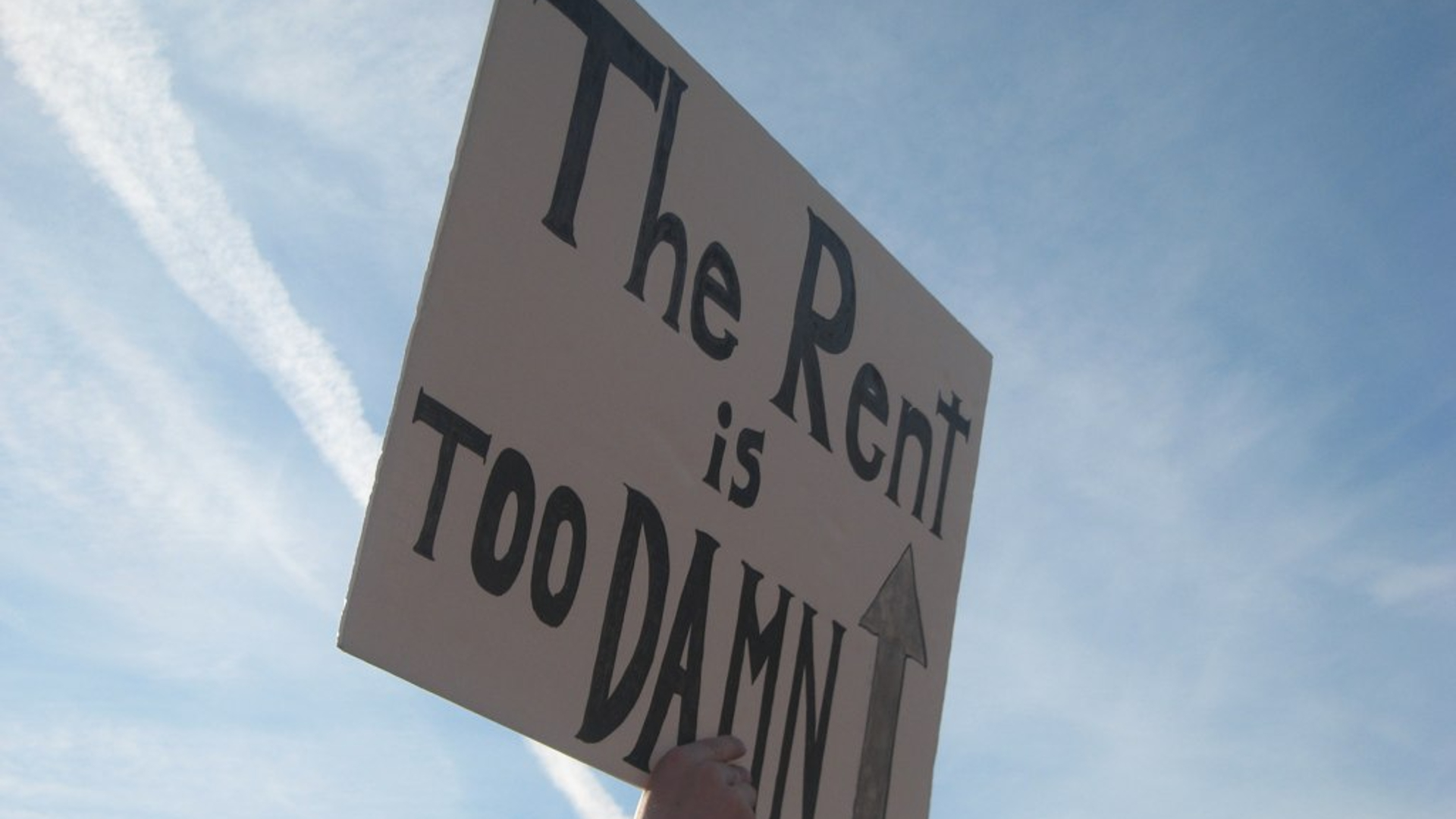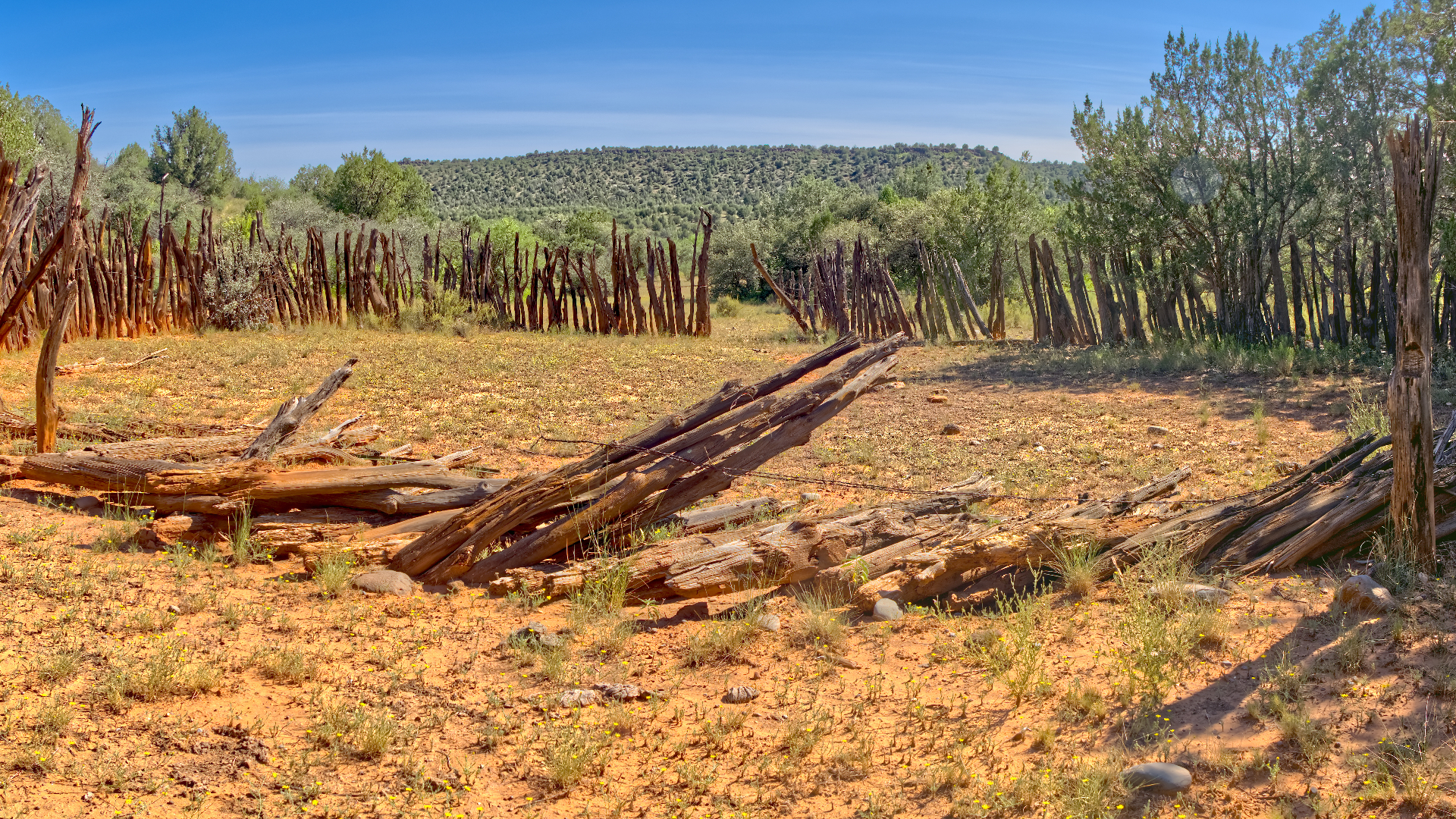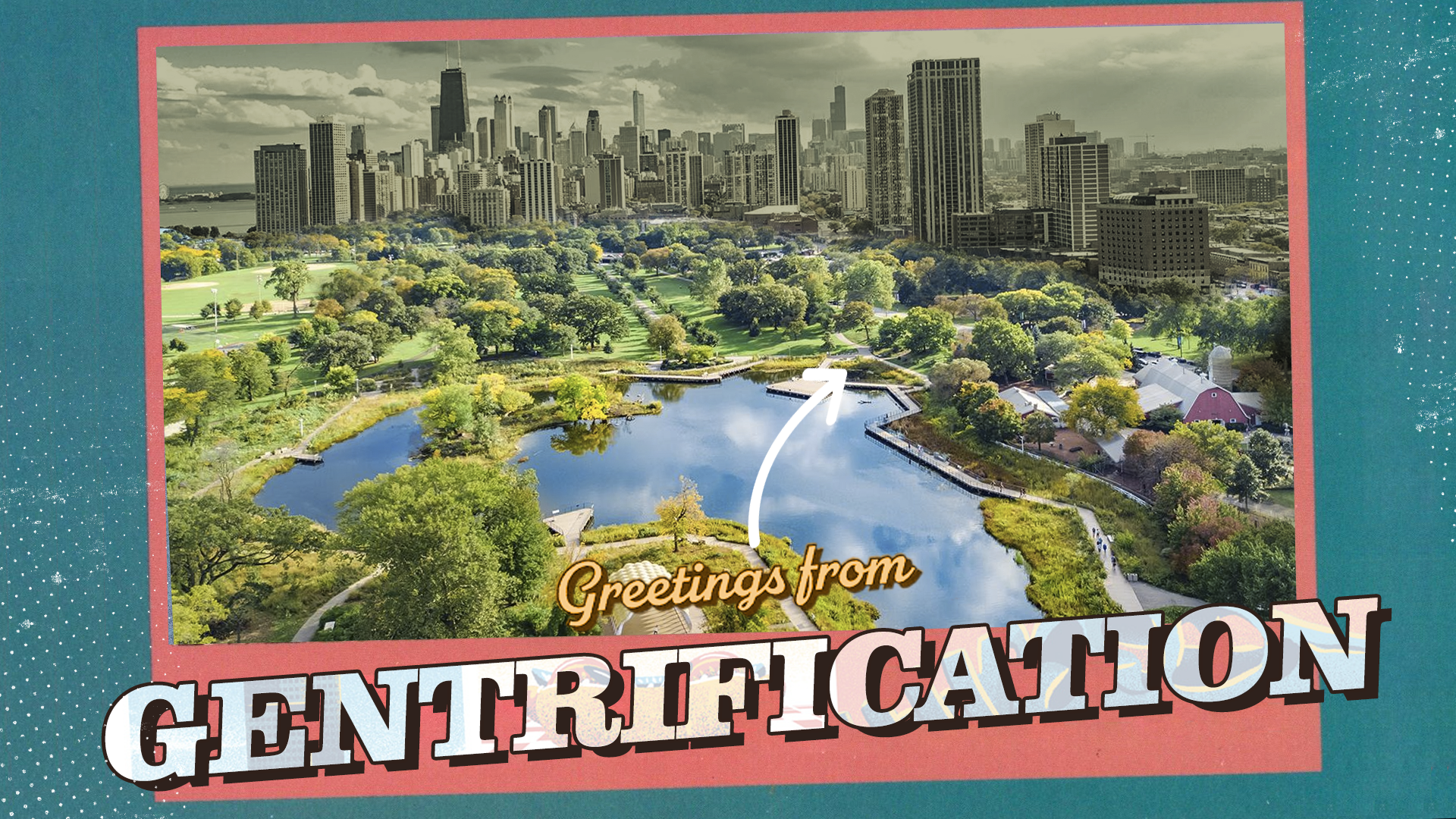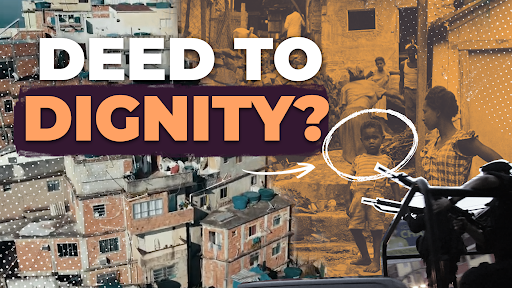Category:Property Rights


A new Vancouver development shows what’s possible when housing is deregulated
January 12, 2024 | Post
Sen̓áḵw is a $3-billion, 11-tower real estate development in Vancouver, set to be built on Squamish Nation reserve land. The project, named after the ancestral territory the Squamish people were removed from in 1913, is a sustainable village developed in partnership with Westbank.
The example set by the Sen̓áḵw development project shows us what we could have in other places too, if only the state — and the NIMBYs whose interests they serve — would step aside and let progress unfold.

Unmasking the true force behind the housing crisis
December 21, 2023 | Post
For the first time since the Great Depression, a majority of young adults in the U.S. aged 18-29 live with their parents.
The intensifying housing crisis across the United States and worldwide is a pressing concern, particularly for Millennials and Gen Z, who are often priced out of getting their own place for far longer than what has been the norm for previous generations.
Such a crisis inevitably prompts a blame game. But who or what is really to blame?

What Elizabeth Bennet taught me about liberty
September 14, 2023 | Post
Elizabeth Bennet, the protagonist in Jane Austen’s Pride and Prejudice, stands out because of her unconventional views on education and marriage, challenging the staunchly patriarchal society of Georgian England. Here’s what her story can teach us about liberty…

The tragedy of the commons explained
April 13, 2023 | Post
The tragedy of the commons is a concept that describes the depletion or degradation of shared resources that are not owned or managed by any individual or group. It occurs when multiple individuals, each pursuing their own ends, overuse or exploit a shared resource to the point of depletion, resulting in harm to all users of that resource in the long run.

NIMBYism vs. Gentrification: The Truth About the Housing Crisis
January 10, 2023 | Video
Using the Lincoln Park neighborhood of Chicago, discover the truth about the housing market. Expert Nolan Gray, California YIMBY Research Director and author of “Arbitrary Lines: How Zoning Broke the American City and How to Fix It,” guides us through the economics and incentives at play in the real estate industry. You might recognize him […]

Debunking 8 Lies Socialists Told You
November 18, 2022 | Video
Are socialists “liars?” Depends on your definition — and whether they truly believe what they say. But this much is for sure: they tell and/or believe in lies. ️🔥 Watch Juan Carlos Hidalgo’s Last Video: WHY IS LATIN AMERICA SO CORRUPT – https://youtu.be/rFxQOB6HEcA ️🔥 Those lies, though, are persuasive to a lot of people. Once […]

Brazil – The SECRET of Why It Isn’t Rich
May 10, 2022 | Video
Brazil is a massive country with a TON of natural resources. So… Why isn’t Brazil Rich? It even has the most important resource: more than 200 million hard-working, innovative people.. Yet Brazil remains poor, especially relative to the United States and European powers. This video seeks to answer the obvious question: Why? There’s a clear […]

Deed to Dignity: The Government’s role in keeping people poor
April 27, 2022 | Video
In this collaboration, Learn Liberty and Students For Liberty Brasil will take you on a journey. The starting point of that journey: All those times you heard that we need the government to protect the poor. Here we will explode that narrative. Here, we will expose the ugly underside of the story that no politician […]

Marxism in Latin America: A Brief History
December 28, 2021 | Video
The history of Marxism (and its offspring, Communism) in Latin America is a sordid one. Many of its brutal dictators, including Fidel Castro, Hugo Chavez, and Pedro Castillo, have used the Marxist doctrine as a stepstool to power. But, as this video argues, those dictators only succeeded in plunging their countries into poverty — as Marxism promises to do anywhere its ideas are adopted.

Private Property on Mars, Explained
January 11, 2021 | Video
How do we create property on Mars? We applied the thinkings of John Locke and Robert Nozick to Mars Colonization to find out.

Reddit AMA with Professor Ilya Somin of George Mason University
September 12, 2017 | Post
Ilya Somin is Professor of Law at George Mason University. His research focuses on constitutional law, property law, and the study of popular political participation.

Legal Representation
August 24, 2017 | Video
How can poor countries escape poverty? They need more than foreign aid. They need a legal system that lets them represent their assets, exchange stuff, and make each other rich.

Property Rights as a Response to a Problem
August 17, 2017 | Video
Why do we have property instead of just sharing everything? Native peoples’ property rights in North America can give us a clue.

Protecting Ownership
August 10, 2017 | Video
Property rules don’t explain everything. Sometimes, you need liability instead. Read Calabresi and Melamed’s groundbreaking paper here.

Property Rights: Negative Externalities and Social Cost
July 27, 2017 | Video
Property rights in a market economy can help us overcome negative externalities and create value for each other. Learn more with Dan Russell.

The Most Important Invention You Never Thought About
July 26, 2017 | Video
One entrepreneur’s invention cut world poverty and revolutionized manufacturing. Learn more with Steve Davies

